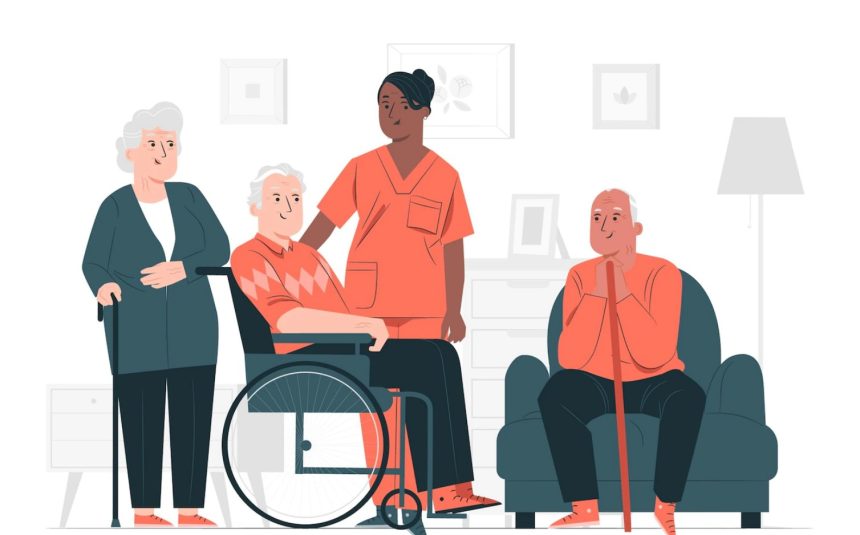End of life care is something most people don’t think about until they, or someone close to them, are facing a terminal illness. It can be a stressful and overwhelming experience for both the patient and their family. But with the right information and support, end of life care can provide comfort and peace during this difficult time. Here are six crucial things you should know about end of life care so that you can make informed decisions for yourself or your loved ones.

What is End of Life Care?
End of life care is a type of medical and practical support for those with terminal or life-limiting illnesses. It focuses on making their last months, weeks, and days as comfortable as possible by providing physical, emotional, spiritual, and social support for the person who is dying and their loved ones. The importance of end of life care lies in the fact that it helps people to live as fully and comfortably as possible during this difficult time. Also, it seeks to provide a sense of meaning and purpose to the process.
Who Can Benefit from End of Life Care?
Anyone who has been given a terminal diagnosis or life-limiting illness can benefit from end of life care. This includes people with advanced cancer, dementia, Alzheimer’s, heart failure, and other serious medical conditions. It is also designed to help the patient’s family and friends through the process, as they often face their own difficult emotions during this time.
Additionally, end of life care is beneficial for those who want to explore different options and make informed decisions about their treatment. It can provide them with the opportunity to have meaningful conversations and plan for their future in a safe and supportive environment.
Types of End of Life Care Services Available
End of life care typically involves a range of services that vary depending on the patient’s needs. This can include physical care such as pain and symptom management, emotional and spiritual support, practical help with managing finances or daily tasks, hospice care, or other services. It is important to find a provider that offers the right services for your individual needs.
Not only that, but end of life care also involves many medical and social services that are designed to improve quality of life. This can include things like nutritional support, respite care, bereavement counseling, and other forms of palliative care.
Benefits and Challenges Associated with End of Life Care
End of life care can provide many positive benefits for those receiving it. This includes the opportunity to make informed decisions about their treatment, access to physical and emotional support from healthcare professionals, help in managing symptoms, and a sense of dignity during this time. Additionally, end of life care can provide comfort and peace of mind for the patient’s family and friends.
However, end of life care also comes with certain challenges that can be difficult to manage. These include physical pain, emotional distress, financial strain, and practical issues such as finding reliable caregivers or making arrangements for different services.
How to Choose the Right Provider
When choosing an end of life care provider, it is important to look for one that offers the services you need. This includes physical and emotional support, financial assistance, respite care, bereavement counseling, and more. Additionally, make sure that the provider has a good reputation and provides quality care. It is also important to take into account the cost of services and whether they are covered by insurance.
Finally, it is important to speak with a doctor or other healthcare professional to ensure that all of your needs are met. They can help you understand the options available and make sure that you get the care that is best for you.
Tips for Managing Stress During the Process
End of life care can be a difficult and stressful experience for both the patient and their loved ones. However, there are some things that you can do to help manage stress. These include:
• Taking time to rest and relax
• Developing healthy coping strategies
• Prioritizing self-care
• Connecting with friends and family
• Seeking out support from mental health professionals
• Reaching out to end of life care providers for additional resources.

End of life care can be a difficult and stressful experience, but there are ways to manage stress. Taking time to rest and relax, developing healthy coping strategies, prioritizing self-care, connecting with friends and family, seeking out support from mental health professionals, and reaching out to end of life care providers for additional resources are all excellent methods for managing the challenges associated with this process. Ultimately, it is important to find a provider that offers the right services for your individual needs in order to ensure you get the best possible care during this difficult time.















